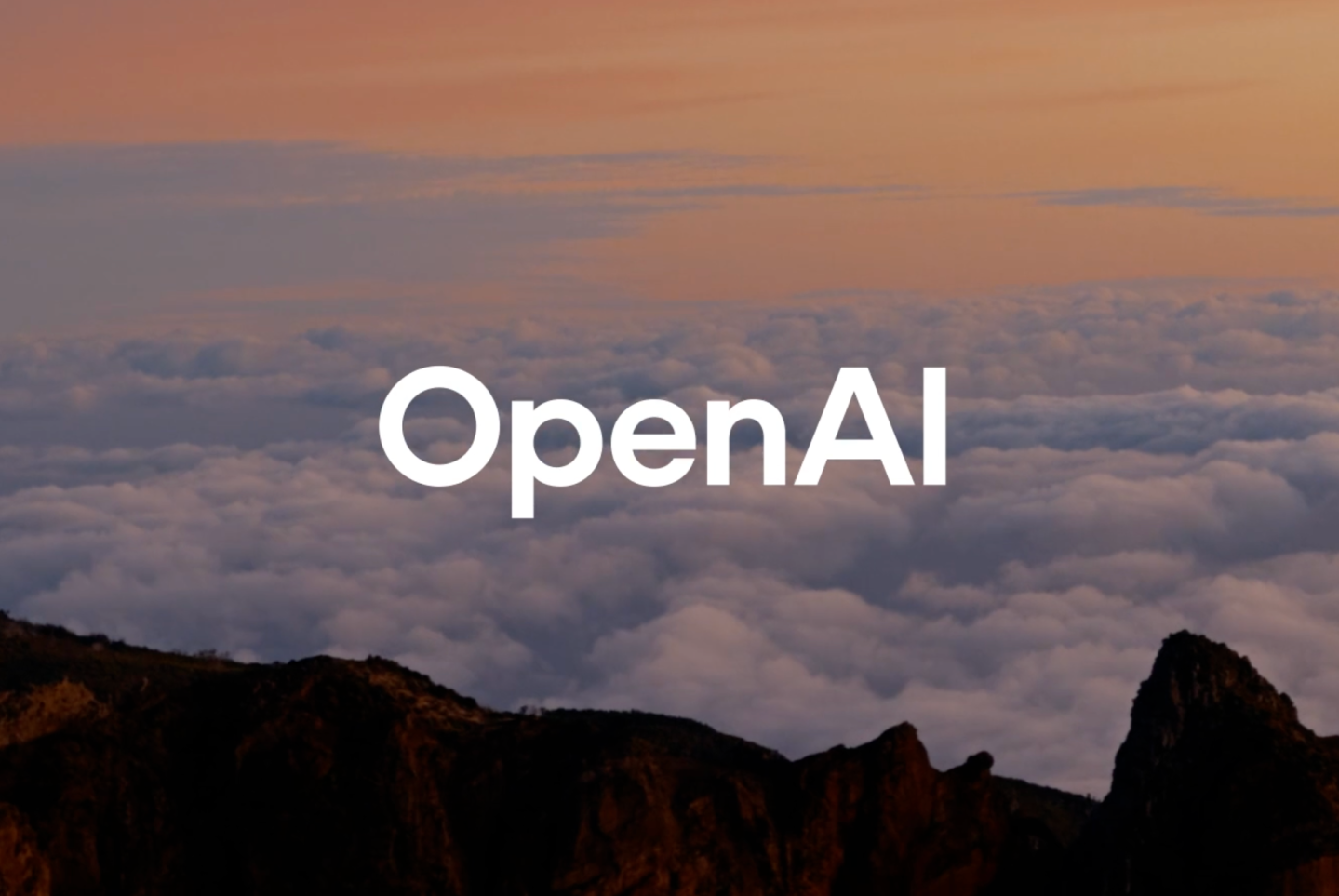OpenAI Restructures for Potential IPO

OpenAI has restructured its organization to potentially facilitate a future initial public offering (IPO), reports Reuters. Chief Financial Officer Sarah Friar stated at the Dublin Tech Summit that while the new structure makes OpenAI 'IPO-able', any decision to go public would depend on market conditions and the company's readiness.
The restructuring involves converting OpenAI's for-profit arm into a public benefit corporation (PBC), a move designed to balance shareholder returns with social goals. This change allows the nonprofit parent to maintain control through a significant shareholding, while the for-profit arm can continue raising capital to compete in the AI sector.
Friar emphasized the importance of market readiness, noting that both the company and public markets must be prepared for an IPO. She highlighted the scale of investment needed, mentioning that a 1 gigawatt data center footprint costs about $50 billion, with OpenAI's ambition being to reach 10 gigawatts in the coming years. The rapidly growing AI search market remains a priority for the company, with a focus on developing breakthrough products.
We hope you enjoyed this article.
Consider subscribing to one of our newsletters like AI Funding Brief or Daily AI Brief.
Also, consider following us on social media:
More from: Funding
Subscribe to AI Funding Brief
Market report
Superagency in the Workplace: Empowering People to Unlock AI’s Full Potential
This report explores the transformative potential of artificial intelligence in the workplace, emphasizing the readiness of employees versus the slower adaptation of leadership. It highlights the significant productivity growth potential AI offers, akin to historical technological shifts, and discusses the barriers to achieving AI maturity within organizations. The report also examines the role of leadership in steering companies towards effective AI integration and the need for strategic investments to harness AI's full capabilities.
Read more
